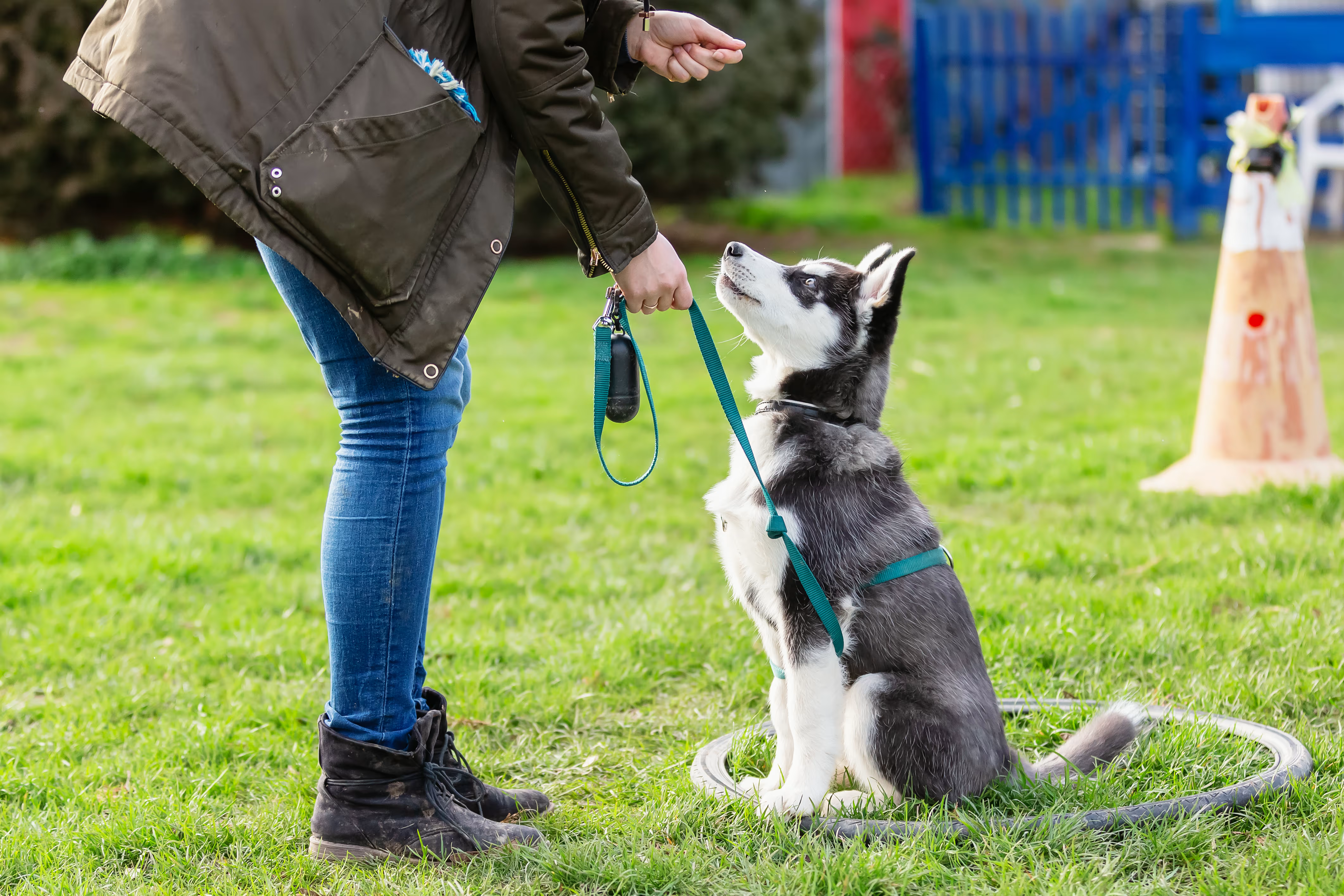Fluoxetine
Related Searches
Frequently Asked Questions
Fluoxetine is used to treat separation anxiety, obsessive-compulsive disorders and other behavior problems in pets.
Fluoxetine is for dogs and cats.
-
Treats separation anxiety in pet
-
Helps with obsessive compulsive behaviors like excessive licking in dogs or inappropriate elimination in cats
-
Can help treat aggressive behaviors, too
Fluoxetine increases the effectiveness of the serotonin, a chemical in the nervous system that helps with communication between nerves.
This is a generic medication.
This medication is given orally. It can be given with food to help prevent stomach upset. Always follow the dosage instructions provided by your veterinarian. If you have difficulty giving the medication, contact your veterinarian. Do not suddenly stop giving the medication unless advised by your veterinarian. It should only be given to the pet for which it was prescribed. Do not stop the medication abruptly.
Fluoxetine, by itself, will generally not cure a behavior problem, but will help manage the symptoms. It should be used in combination with techniques to try to change the unwanted behavior. It generally takes several weeks to reach an effective level in the body.
This medication comes in tablet and capsule form.
Fluoxetine Hydrochloride
Fluoxetine should be used in conjunction with techniques to try to change the unwanted behavior. Discuss, in detail, what behavior modification techniques will work on your pet. Also discuss how long the treatment period will be and what type of outcome is expected.
You and your veterinarian should talk about any other treatment options that are recommended for your pet.
Tell your veterinarian if your pet has had seizures, has diabetes or liver disease, may be pregnant, is nursing, or if you intend to breed your pet.
Tell your veterinarian if your pet has had seizures, has diabetes or liver disease, may be pregnant, is nursing, or if you intend to breed your pet.
If you miss a dose, give it as soon as you remember. If it is almost time for the next dose, skip the one you missed and go back to the regular schedule. Do not give two doses at once.
To be most effective, Fluoxetine needs to be used in combination with behavior modification techniques.
Consult your veterinarian before using other medications or tick collars along with Fluoxetine.
Contact your veterinarian immediately if your pet would have a seizure while taking Fluoxetine.
Not for use in animals hypersensitive (allergic) to Fluoxetine, sertraline (Zoloft) or paroxetine (Paxil). The safety of using Fluoxetine in pregnant animals has not been determined. Use with caution in in lactating animals (female animals nursing their young), since the drug enters the breast milk. Do not use in animals with a history of epilepsy or seizures. Use with caution in animals with liver disease and in diabetic animals since Fluoxetine may alter blood sugar levels.
The most common side effect is loss of appetite, which is usually temporary. Try feeding your pet by hand, offering more flavorful foods, or, for dogs and cats, slightly warming canned foods. If your pet is on a special diet because of a medical condition, consult your veterinarian before changing or adding other foods. Also consult your veterinarian if your pet's appetite does not return to normal.
May also see loss of appetite, weight loss, lethargy, vomiting, shaking, diarrhea, restlessness, excessive vocalization, anxiety, sleep disturbances, hyperactivity, behavior changes and irritability. In dogs may also see panting.
In cats may also see changes in elimination patterns (urinating and defecating). Consult your veterinarian if you notice any of the above side effects. Fluoxetine may cause aggression in some dogs. If this occurs, contact your veterinarian immediately.
In cats may also see changes in elimination patterns (urinating and defecating). Consult your veterinarian if you notice any of the above side effects. Fluoxetine may cause aggression in some dogs. If this occurs, contact your veterinarian immediately.
Store at room temperature in a tight, light-resistant, childproof container. Do not remove the desiccant, if present. Keep out of reach of children and pets.
Should overdose occur, you may see behavior changes, tremors, seizures, or liver disease, with vomiting. If you know or suspect your pet has had an overdose, or if you observe any of these signs in your pet, contact your veterinarian immediately.
Notify your veterinarian of any other medications, including vitamins and supplements, your pet is taking while your pet is receiving Fluoxetine. Do not use with ephedrine or monoamine oxidase inhibitors (MAOIs) such as isoniazid, selegiline (deprenyl, Anipryl) or amitraz (an ingredient in some tick collars, and in Mitaban, a treatment for mange). These products need to be discontinued for 2-5 weeks before Fluoxetine can be safely given. Consult your veterinarian before using other medications or tick collars along with Fluoxetine.
Consult your veterinarian before using Fluoxetine with warfarin, phenylbutazone, and digoxin, L-tryptophan, diazepam (Valium), buspirone, clomipramine (Clomicalm) and other tricyclic antidepressants (such as amitriptyline), or metoclopramide, since interactions may occur.








